
OR
Iron rod manufacturers warn govt of protests until decision to hike taxes on raw materials rolled back
Published On: September 25, 2021 05:57 PM NPT By: Republica | @RepublicaNepal
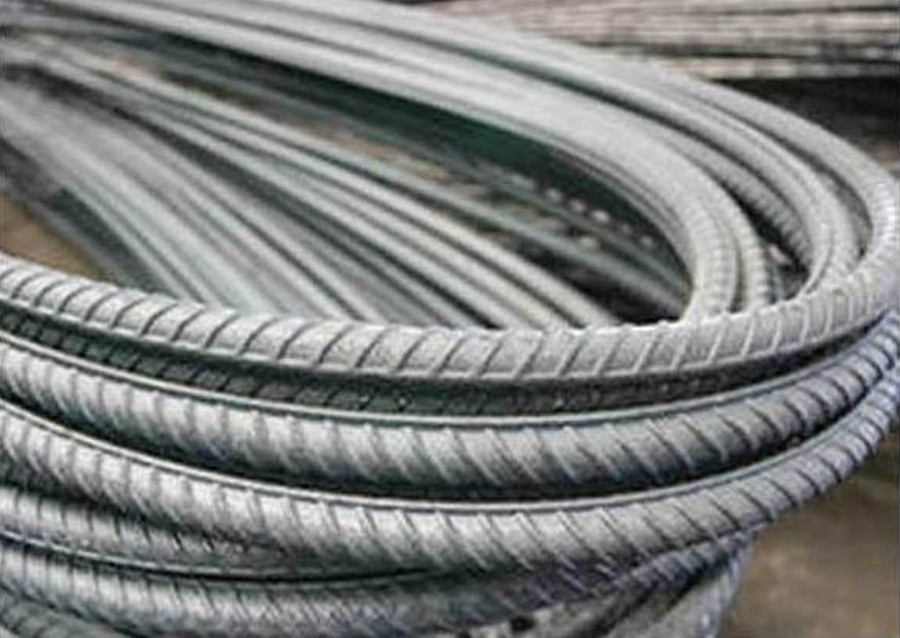
KATHMANDU, Sept 25: The manufacturers of iron rods on Saturday slammed the government’s move to raise the taxes on the import of billet, the main raw material to produce iron bars, and said they would continue with their protests until the government revokes its decision.
Speaking at a program, Kiran Prakash Saakha, vice-president of Nepal Steel Rolling Mills Association (NSRMA) and proprietor of Saakha Steel, said the government decision has marred two dozen iron rod manufacturers while benefiting just six factories. Saakha criticized the government policy that has appeared ‘largely deviated’ in terms of benefiting the industry players. “These factories could not compete in prices as their products have become expensive by Rs 8-10 a kg compared to the ones receiving benefits from the government,” Saakha said.
The government, citing the need to facilitate the domestic manufacturing industries, reduced the customs tax and excise duty on imported sponge iron to zero through the revised budget for the fiscal year 2021/22. Sponge iron is a crucial raw material for iron bars.
The government, Finance Minister Janardan Sharma in particular, has been dragged into controversies following the decision that has been seen as a case of policy corruption by benefiting a handful of entrepreneurs. Finance Minister Sharma made this controversial decision through the substitution bill that received parliament’s approval last week.
Prior to the introduction of the substitution bill by Sharma, the customs tax on imported sponge iron was Rs 4.75 per kilogram. Also, an excise duty of Rs 1.65 per KG would be levied on the iron bars produced using such sponge iron. The new bill introduced by Sharma has removed both the sources of government revenue.
On the other hand, the government has raised the duty on the import of iron billet to 4.75 percent while imposing additional Rs 2.65 excise duty on the imported raw material. “Apart from impacting a majority of the manufacturers in the segment, it will also adversely affect the revenue collection by the government,” Saakha said.
According to the NSRMA, an investment of around Rs 100 billion has been injected in the domestic iron industry. The companies concerned have been importing an average of 1.4 million tons of the raw materials annually.
Of the quantity, around one million ton is iron billet while the import of sponge iron stands at around 350,000 tons. The government had been collecting revenue of around Rs 5.50 per kg from the import of raw materials. The two dozen iron-billet based industries have been employing around 15,000 workers, which has been put to risk with the government's recent decision, said the stakeholders.
You May Like This

Manufacturers lower prices of iron bars
KATHMANDU, Nov 29: Manufacturers of iron rods have reduced the price of their products by up to Rs 15 per kg... Read More...
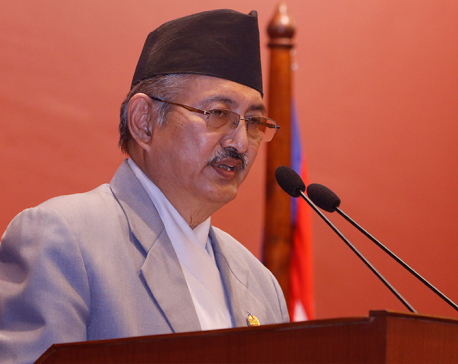
Govt encouraging industrialists: Home Minister Khand
SIDDHARTHANAGAR, March 6: Home Minister Balkrishna Khand has said the government is encouraging industrialists. “Private sectors’ trust in the state... Read More...

Gas industries flouting standard directed to stop production
DHULIKHEL, Jan 5: Nepal Bureau of Standards and Metrology (NBSM) has directed the gas industries flouting standards to stop production,... Read More...



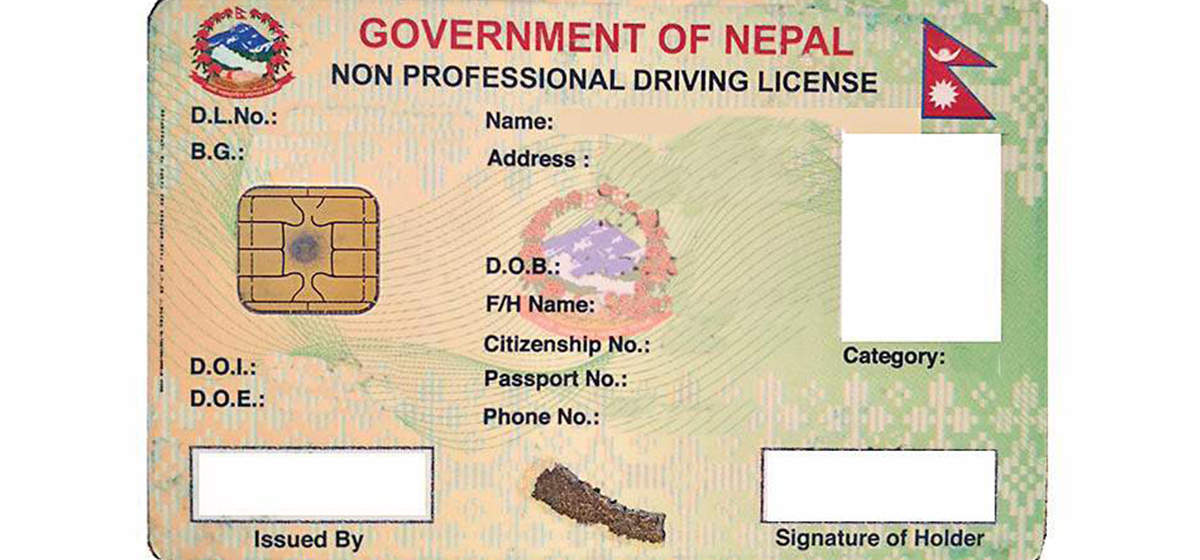


Just In
- Former DoTM employee Bhatta arrested in connection with illegal license issuance case
- One killed in a fire incident in Dadeldhura
- JSP Central Executive Committee meeting being held today to discuss national convention representative election guidelines
- KMC adjust office hours, services now start at 9AM
- Five-match T20 series: first match between West Indies 'A' and Nepal starts today
- Govt yet to pay Rs 60 billion to contractors
- Nepal’s poorest district identified as Bajura, richest as Mustang
- Wind storm likely at a few places of Koshi and Sudurpaschim








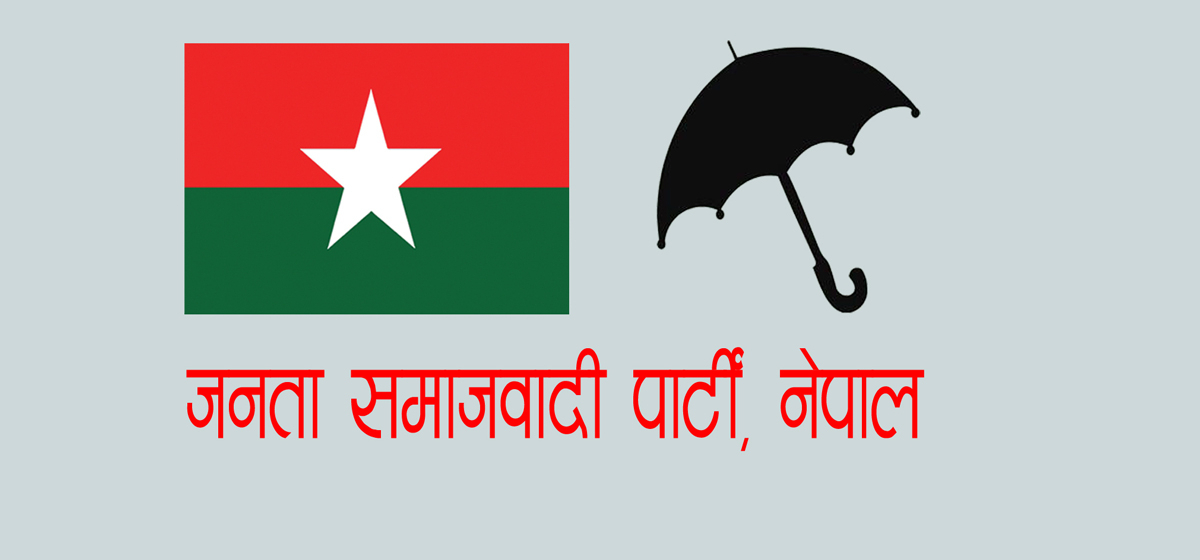

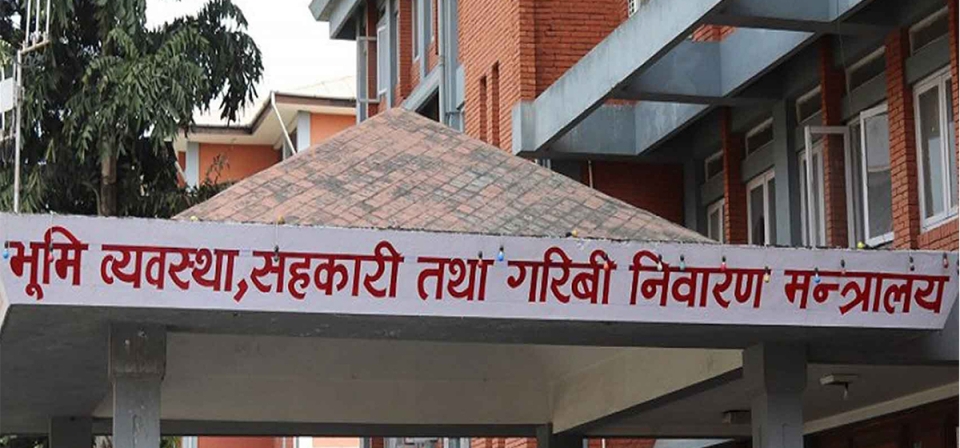

Leave A Comment